Northwest Yarns
-
Know Your Fiber: Bergschaf Wool
Posted on February 01 2025
Since pre-history, sheep have been in the Alps. In Austria and Germany, these sheep are generally covered by the blanket term Bergschaf, which means mountain sheep in German. There...
Read More -
Know Your Fiber: Devon Wool
Posted on January 06 2025
On the South West Peninsula of England, Devon county has a history that stretches back to the Neolithic era. Its landscapes are adorned with ancient stone circles, barrows, hillforts, and...
Read More -
Know Your Fiber: Masham Wool
Posted on January 06 2025
Found in North Yorkshire, the town of Masham has a long history of sheep farming and sheep markets. From its Anglo-Saxon roots to Viking invasions, Masham's history is as textured...
Read More -
Know Your Fiber: Kerry Hill Wool
Posted on January 06 2025
It would be fair to say that most people are not familiar with Kerry, a village in Powys, Wales. A quiet place today, this area is steeped in ancient history....
Read More -
Know Your Fiber: Shropshire Wool
Posted on January 06 2025
Shropshire is a picturesque area of England, just to the east of Wales. Inhabited since the Neolithic era, Shropshire has a millennia of history and legends, including stone circles, Celts,...
Read More -
Know Your Fiber: Romeldale/CVM Wool
Posted on January 06 2025
The Romeldale/CVM (California Variegated Mutant) sheep is a distinctive breed that originated in California in the early 1900s. Developed to thrive in the Sacramento Valley, these sheep were originally bred...
Read More -
Know Your Fiber: Herdwick Wool
Posted on January 06 2025
What do Vikings, a base-20 counting system, and Beatrix Potter have in common? Herdwick sheep! These adorable gray sheep with white faces are native to the Lake District in Cumbria,...
Read More -
Know Your Fiber: Punta Arenas Wool
Posted on January 06 2025
We have been seeing increasing amounts of Punta Arenas wool yarn spun into yarn for the fiber arts market over the last couple of years, and Punta Arenas top...
Read More -
Know Your Fiber: Lleyn Wool
Posted on January 06 2025
Originally found only on the Llŷn Peninsula, Lleyn sheep today are found throughout the UK and around the world. These very handsome, long-legged, white-wooled and white-faced sheep with cute black...
Read More -
Know Your Fiber: Hebridean Wool
Posted on January 06 2025
The Hebrides are an extensive archipelago in northwestern Scotland, comprising over 130 islands and islets, of which just over 45 are inhabited. Like many populated islands in Scotland, sheep have...
Read More -
Know Your Fiber: Cormo Wool
Posted on January 06 2025
Tasmania, a picturesque island located off the coast of Australia boasts a population of 2.5 million sheep. Even in a country known for its sheep population (3.3 sheep per person...
Read More -
Know Your Fiber: Faroe Wool
Posted on January 06 2025
The Faroe Islands are in the North Atlantic, a self-governing territory of Denmark. The islands and the people who live there to this day have had their lives shaped not...
Read More -
Know Your Fiber: Teeswater Wool
Posted on January 06 2025
The Tees River of England has supported human habitation for many, many thousands of years. The river valley supported the many small farms over that time that used the fertile...
Read More -
Know Your Fiber: Milk Fiber
Posted on January 06 2025
Got milk - in your clothing? Absolutely! Milk fiber is a relatively new fiber on the block, tracing its origins back to less than a century ago. Originating from the...
Read More -
Know Your Fiber: East Friesian Wool
Posted on January 06 2025
While a great deal of the wool we use as fiber artists comes from sheep raised for wool, there are a number of breeds we also use that are...
Read More -
Know Your Fiber: Hill Radnor
Posted on January 06 2025
Hill Radnor sheep, also known simply as Radnor sheep, are a breed that originated in central Wales during the early 1900s. The curly horned rams and polled ewes still roam...
Read More -
Know Your Fiber: Galway Wool
Posted on January 06 2025
Hailing from the lowlands of western Ireland, the Galway sheep breed has recently experienced a resurgence of interest, highlighting the country's rich agricultural heritage. This robust, white-fleeced breed has long...
Read More -
Know Your Fiber: Carpathian Mountain Sheep Wool
Posted on March 01 2023
Carpathian Mountain sheep are a breed of domesticated sheep that are native to the Carpathian Mountains in Central and Eastern Europe. Although this breed is found in the many...
Read More -
Know Your Fiber: Cashmere & Pashmina
Posted on March 01 2023
Just hearing the words cashmere or pashmina conjure up a sense of luxury. Like sheep, there are a number of fiber goat breeds such as Angora, Pygora, and Nigora. However, the fiber from cashmere...
Read More -
Know Your Fiber: Clun Forest Wool
Posted on March 01 2023
Imported to North America in 1970, the Clun Forest sheep is a threatened breed in both Canada and the United States. In complete contrast, Clun Forest sheep in the U.K....
Read More -
Know Your Fiber: Lonk Wool
Posted on March 01 2023
With their curlicue horns on both rams and ewes, black faces and white wool, Lonk sheep are simply striking. Even their name is notable, coming either from the Middle English...
Read More -
Know Your Fiber: Lotus Fiber
Posted on October 01 2022
Folks have made use of a wide variety of plant fibers for spinning throughout history. While flax, cotton, and hemp are among the best known of plants fibers, there...
Read More -
Know Your Fiber: Exmoor Horn Wool
Posted on July 01 2022
As names go, Exmoor Horn sheep have a simple and descriptive name. They are originally from Exmoor, and both females and males are horned. But they are so much...
Read More -
Know Your Fiber: Florida Cracker Wool
Posted on May 01 2022
Two words: swamp sheep. Intrigued? Then get ready to learn all about the Florida Cracker sheep, a lovely breed with an odd little name, whose history sets it among...
Read More -
Know Your Fiber: Cotswold Wool
Posted on April 01 2022
Look at those fluffy forelocks! Cotswold sheep are perhaps the most emo-looking sheep out there. With their lustrous locks and ever-so-slightly golden wool, this rare sheep breed is a...
Read More -
Know Your Fiber: Himalayan Nettle
Posted on March 01 2022
If you are a fiber artist who is familiar with northern European fairy tales, hearing about making clothing out of nettles likely makes your thoughts immediately fly to the...
Read More -
Know Your Fiber: Gulf Coast Native Wool
Posted on February 01 2022
Woods sheep, Pineywoods sheep, Scrub sheep, Louisiana Native, Florida Native – all names for what we today call the Gulf Coast or Gulf Coast Native sheep. This landrace breed...
Read More -
Know Your Fiber: Hog Island Wool
Posted on January 01 2022
Hog Island sheep, descended from the sheep brought by English settlers to Virginia in the early 1700s, are remarkably rare. They are a fascinating breed frozen in time, thanks...
Read More -
Know Your Fiber: Nylon
Posted on October 01 2021
We are pretty big on natural fibers here at Northwest Yarns. Wool? All the wool and all the breeds, please. Alpaca, yak, angora, mohair? Why, yes, don’t mind if we...
Read More -
Know Your Fiber: Eri Silk
Posted on July 02 2021
Eri silk comes from the ailanthus moth (Samia cynthia ricini), a native to South Asia, and is one of only two domesticated species of silk moths in the world. It...
Read More -
Know Your Fiber: Tussah Silk
Posted on July 02 2021
Tussah, tussar, tusar, tasar, and more… so many names for just one type of silk! Produced in only a few countries, tussah silk is perhaps best known as a wild...
Read More -
Know Your Fiber: American Karakul Wool
Posted on March 01 2021
Named for a village in what is today Turkmenistan, Karakul sheep originated in Central Asia and only arrived relatively recently on North American shores. North American farmers in early...
Read More -
Know Your Fiber: Tunis Wool
Posted on December 01 2020
Tunis sheep are one of a handful of the oldest sheep breeds in the United States and were a particularly popular breed right up through the mid-1800s. Today they...
Read More -
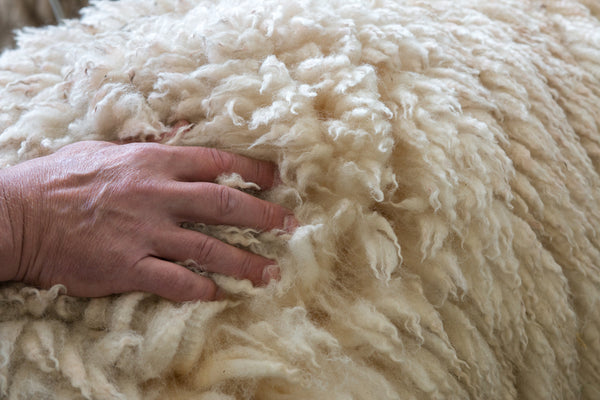 Fiber is not just fiber – the specific qualities of various fibers make some more suitable for some projects than for others. Of particular interest to crafters who work with wool and other fibers is how fine or how coarse their fiber is. So, what exactly makes a fine fiber fine, a coarse fiber coarse, and how do we determine fineness or coarseness?
Fiber is not just fiber – the specific qualities of various fibers make some more suitable for some projects than for others. Of particular interest to crafters who work with wool and other fibers is how fine or how coarse their fiber is. So, what exactly makes a fine fiber fine, a coarse fiber coarse, and how do we determine fineness or coarseness?
Know Your Fiber: Fineness and Fiber
Posted on November 11 2020
Fiber is not just fiber – the specific qualities of various fibers make some more suitable for some projects than for others. Of particular interest to crafters who work...
Read More -
Know Your Fiber: Swaledale Wool
Posted on October 01 2020
Curving horns, elegant black faces with white muzzles, and a woolen coat perfectly adapted to a rainy environment – meet the Swaledale! These adorable sheep can be found around...
Read More -
Know Your Fiber: Suffolk Wool
Posted on September 01 2020
With their long black faces and white wool, Suffolk sheep are easy to spot and are also one of the most common breeds in the United States. The Suffolk...
Read More -
Know Your Fiber: Finnsheep Wool
Posted on August 01 2020
Native to Finland, Finnsheep (also called Finnish Landrace or just Finnish) are a part of Finland’s national identity and an important part of their cultural heritage. This breed has...
Read More -
Know Your Fiber: Cheviot Wool
Posted on July 01 2020
The Cheviot Hills are located in English Northumberland and the Scottish Borders. Home to a variety of livestock since Neolithic times, it is these hills from which the white...
Read More -
Know Your Fiber: Perendale Wool
Posted on May 01 2020
It is time for another New Zealand sheep breed – the Perendale! This sheep is a relatively recent addition to the flocks of the world, only appearing on breed...
Read More -
Know Your Fiber: Whitefaced Woodland Wool
Posted on April 01 2020
The Whitefaced Woodland is a rare sheep breed that was once very popular in Northern England, but now is among the threatened breeds of sheep. It is hard to...
Read More -
Know Your Fiber: Corriedale Wool
Posted on March 01 2020
Corriedale is lovely and popular wool that is a wonderful all-purpose fiber loved by spinners, weavers, felters, knitters and crocheters around the world. Frequently referred to as “New Zealand’s...
Read More -
Know Your Fiber: Zwartbles Wool
Posted on February 01 2020
Undyed, black wool is always a treat to work with, but there are relatively few breeds of sheep that can reliably produce good, spinnable black wool in large quantities....
Read More -
Know Your Fiber: Polwarth Wool
Posted on December 01 2019
An extremely popular wool breed in many parts of the world, the Polwarth began its development into the fixed breed we know today the 1880s in southeastern Australia, in...
Read More -
Know Your Fiber: Falklands Wool
Posted on November 01 2019
There exists a land where sheep and penguins live together in harmony – the Falkland Islands. A beautiful group of islands in the southern hemisphere about 300 miles off...
Read More -
Know Your Fiber: Dorset Horn Wool
Posted on September 30 2019
Known for their rams’ dramatically spiraled horns and their close, springy fleece, Dorset Horn sheep are originally from the verdant hills and valleys of southwestern England. Although they have...
Read More -
Know Your Fiber: Southdown Wool
Posted on September 01 2019
Friendly and easy to manage, the broad-backed and adorable Southdown sheep are a heritage breed of sheep that originated in southern England. These short-wooled sheep have been regaining their...
Read More -
Know Your Fiber: Lincoln Wool
Posted on August 01 2019
Located in eastern England, Lincolnshire has been renowned throughout history for their namesake breed, Lincoln sheep. Once the largest known breed of sheep in the western hemisphere, Lincoln wool...
Read More -
Know Your Fiber: Shave 'Em to Save 'Em
Posted on July 01 2019
Let’s take a look at the The Livestock Conservancy and their brand-new Shave ‘Em to Save ‘Em initiative! The Livestock Conservancy has played an important role in heritage livestock...
Read More

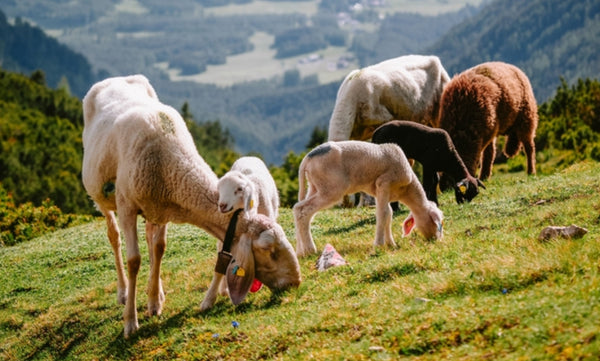
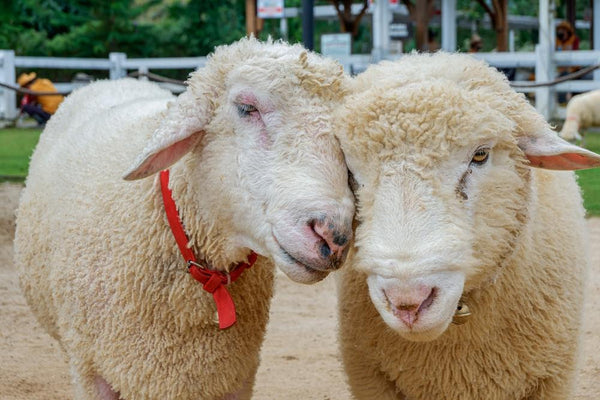
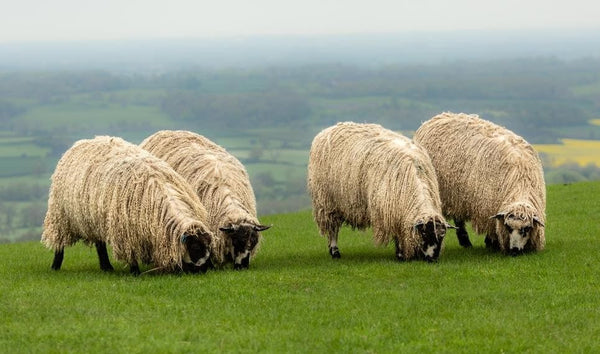



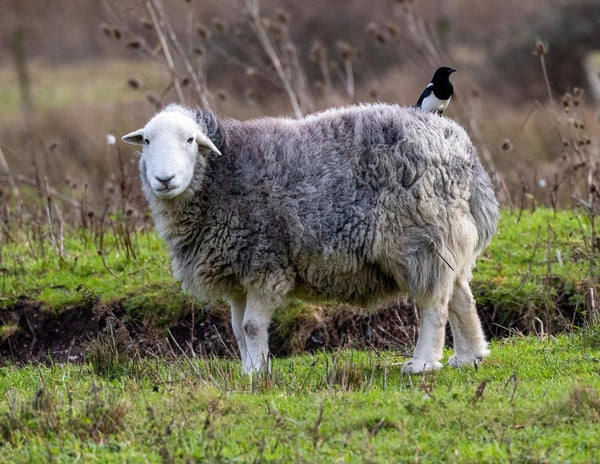


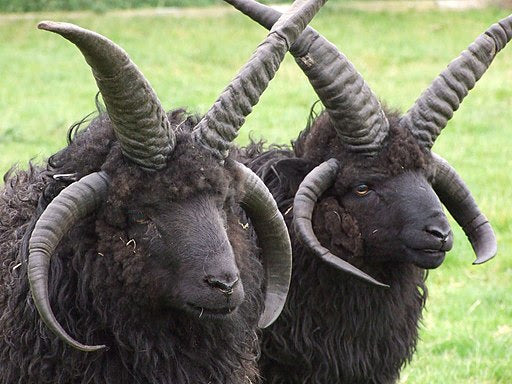


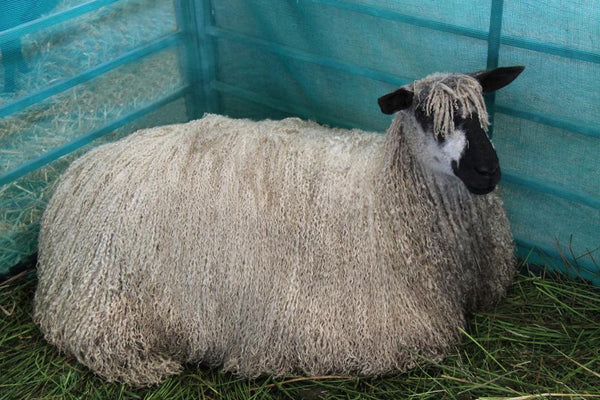




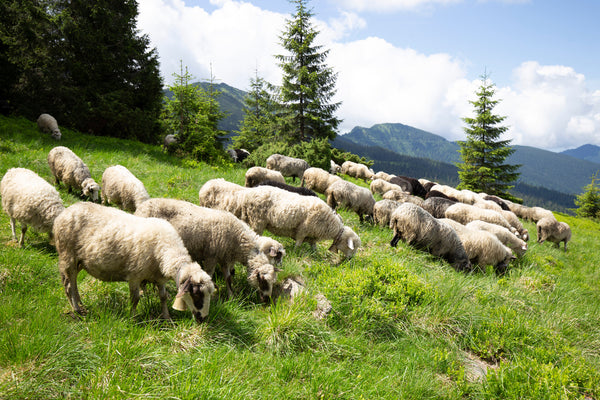
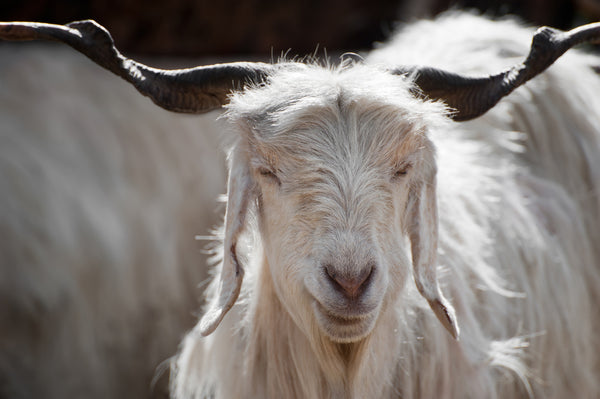
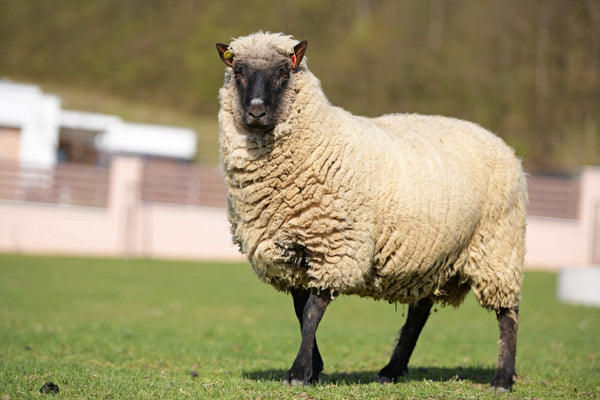
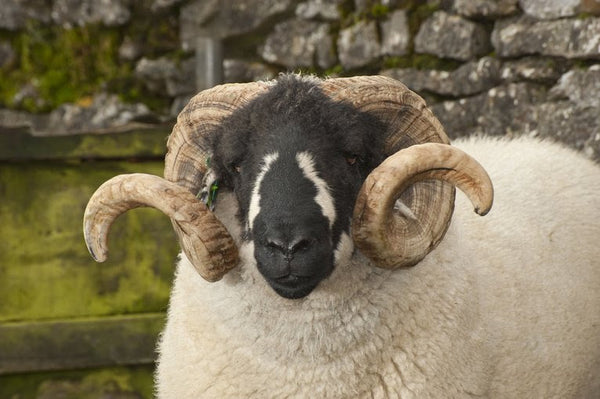
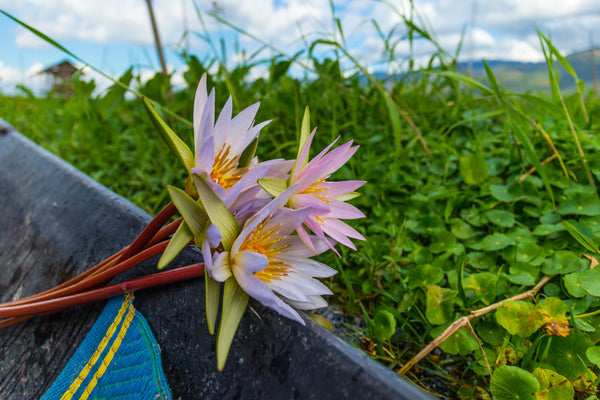
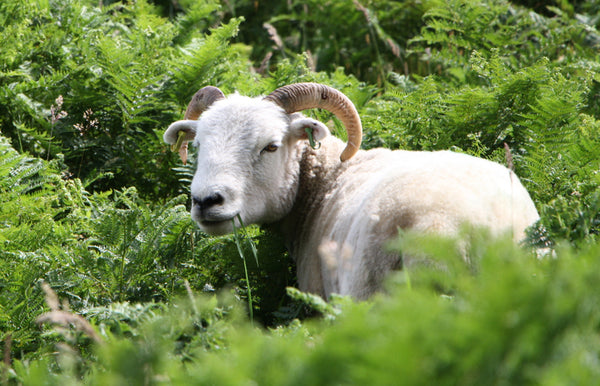
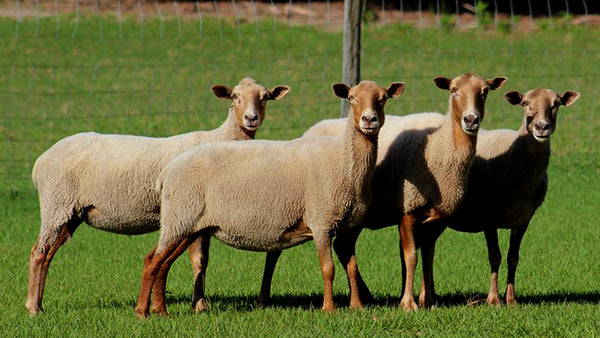
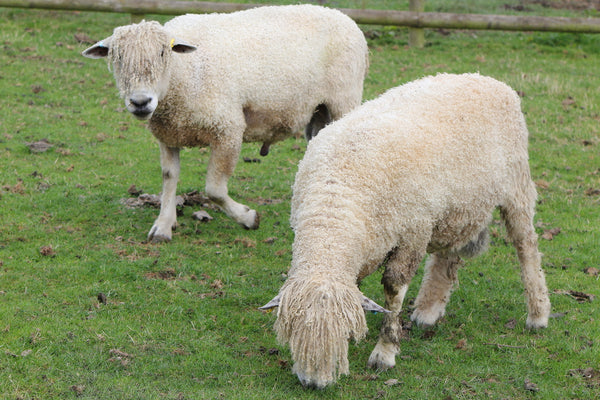
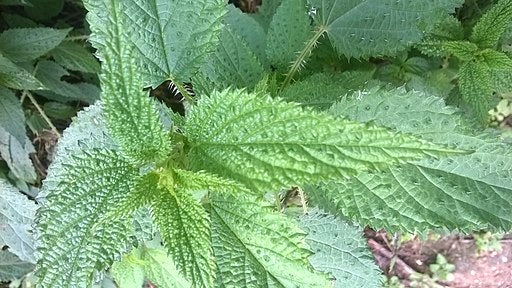
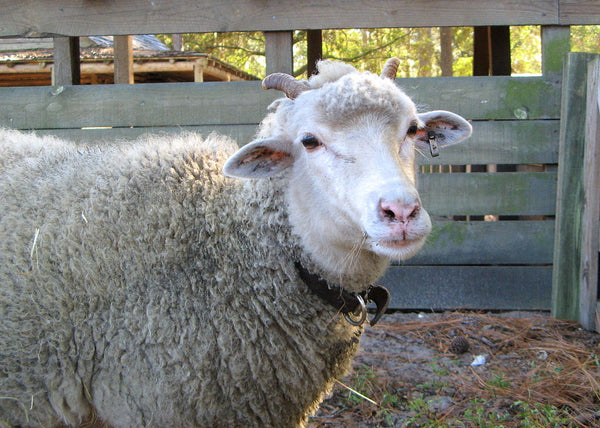
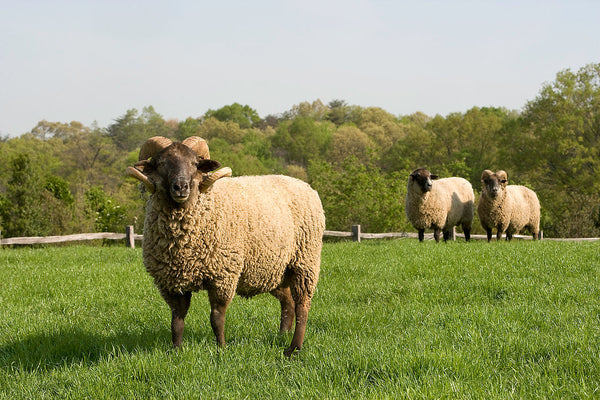

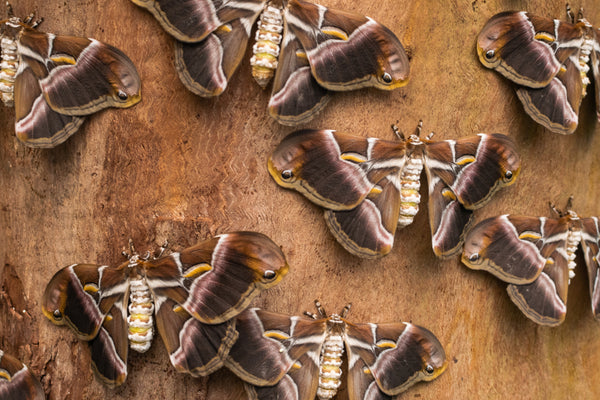
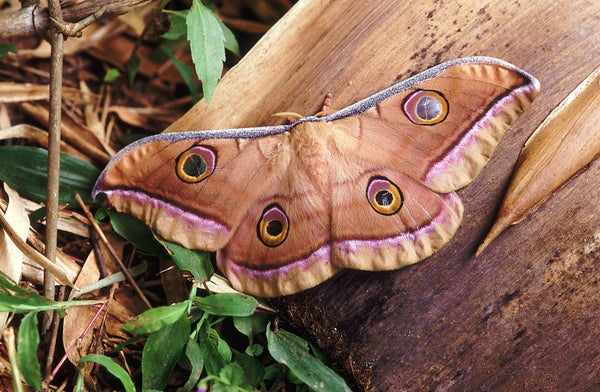
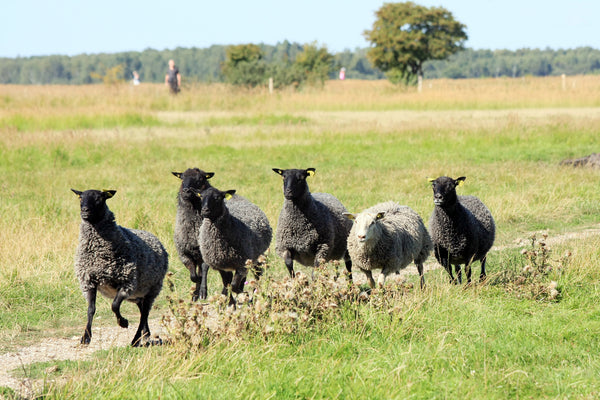
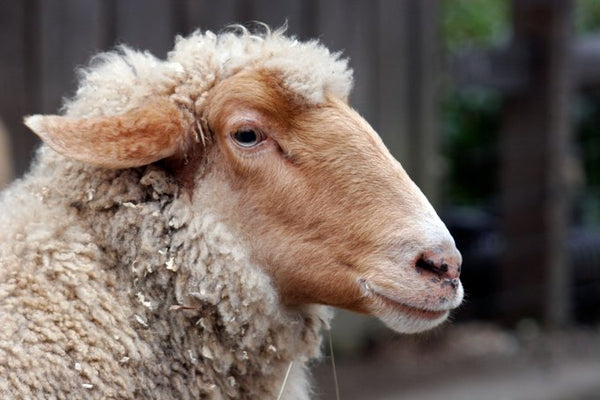

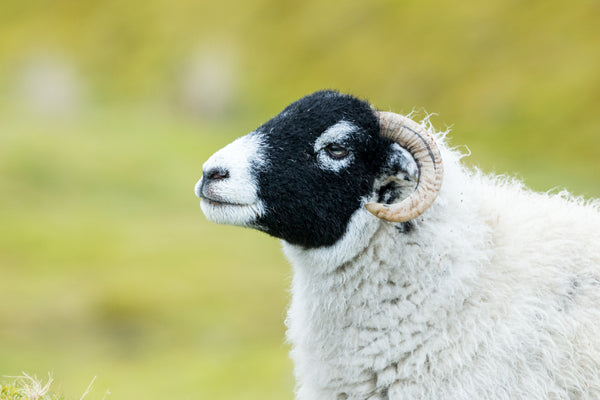
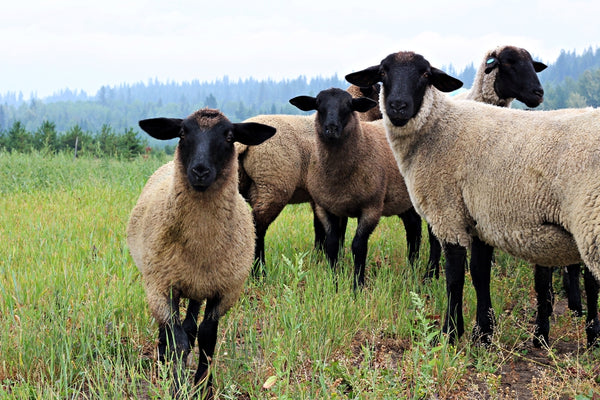
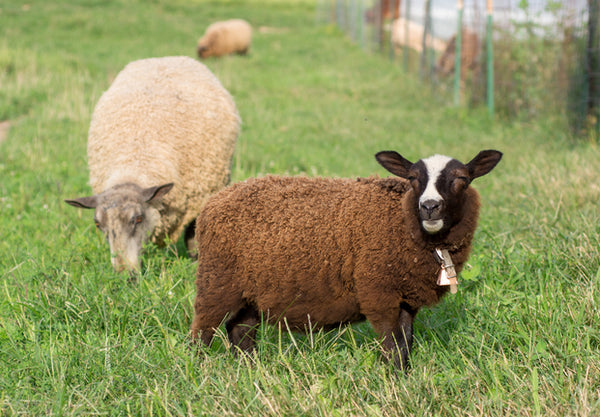
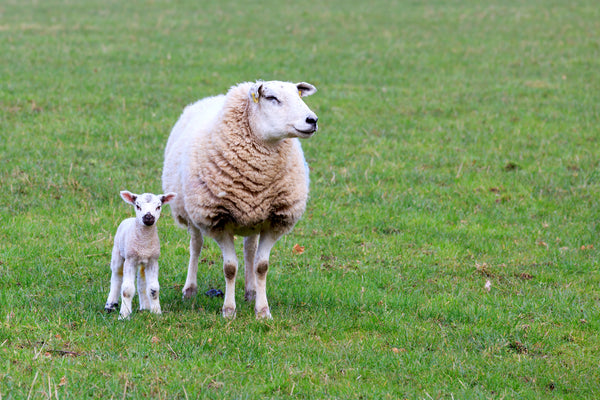
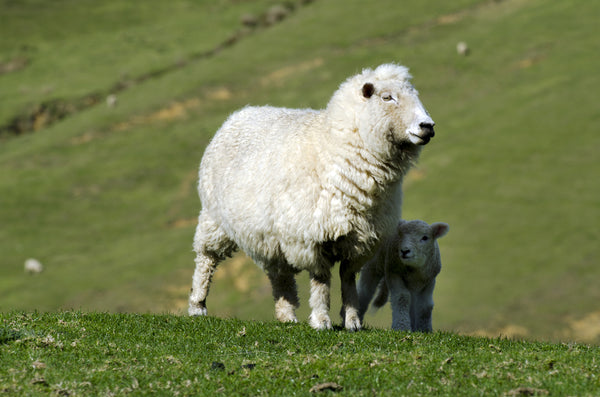
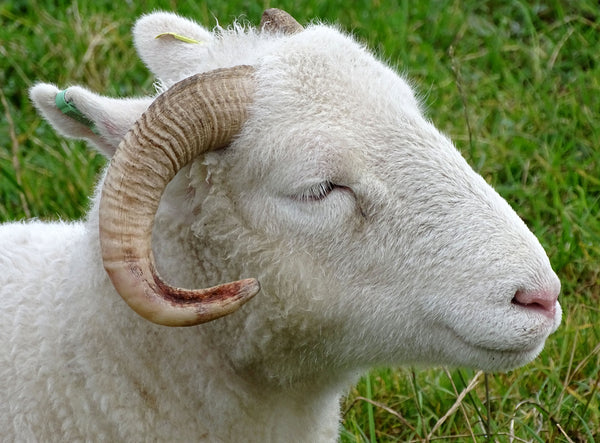
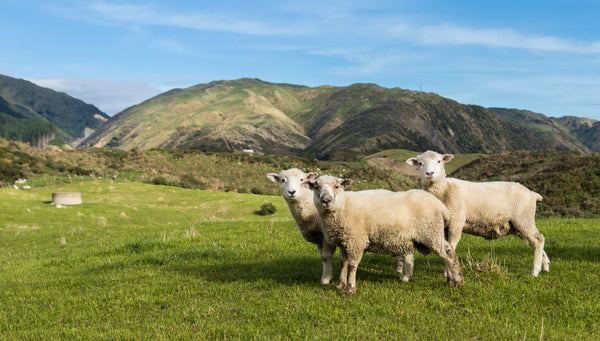
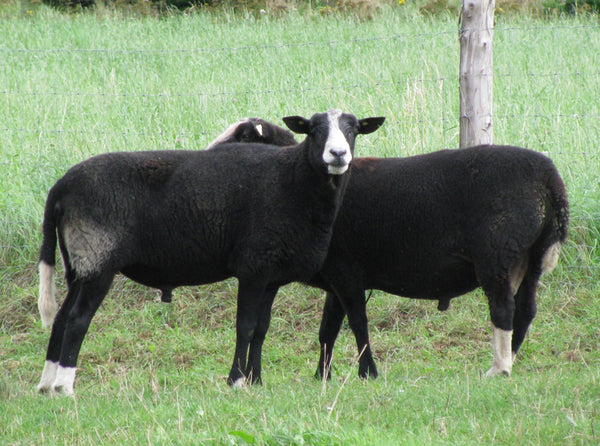
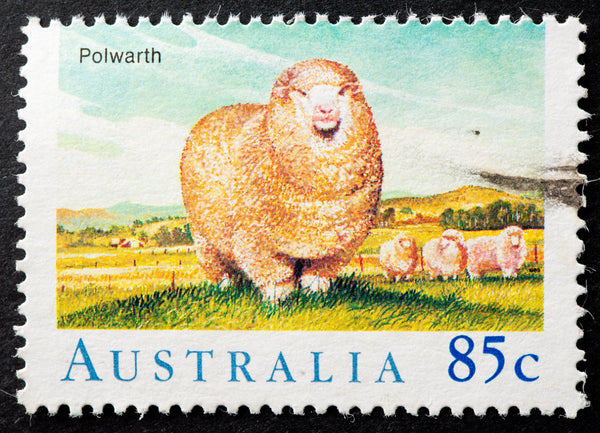
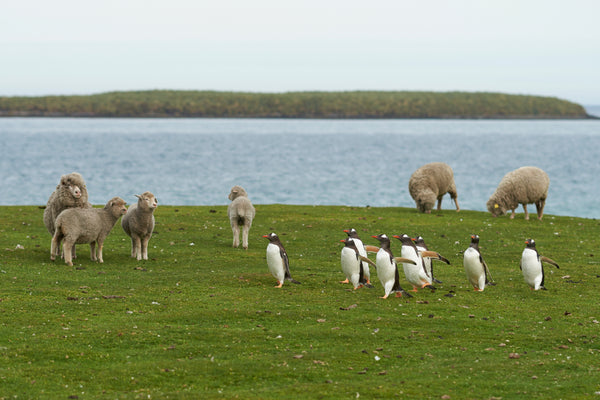
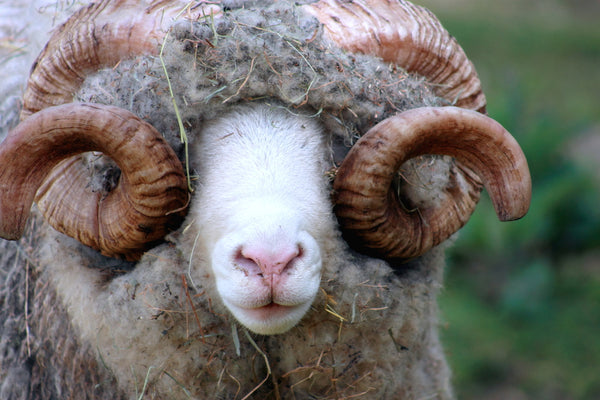
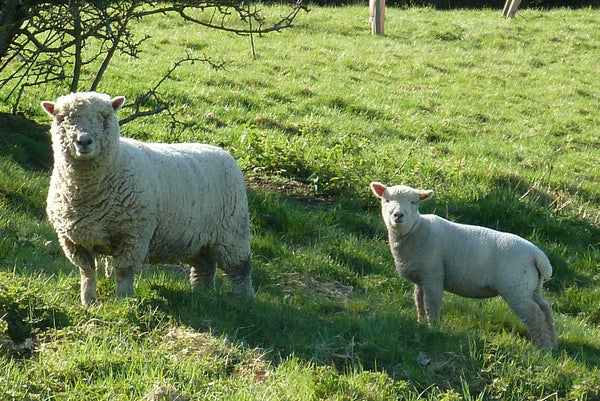
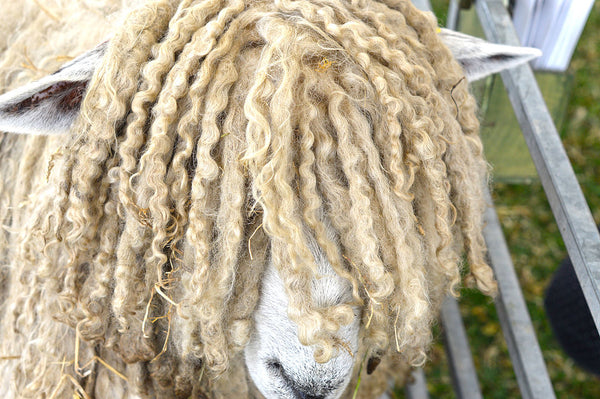
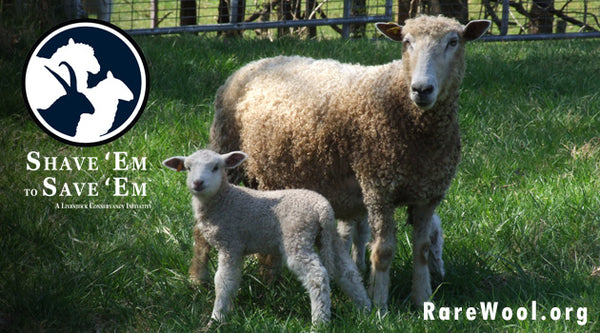
Follow US